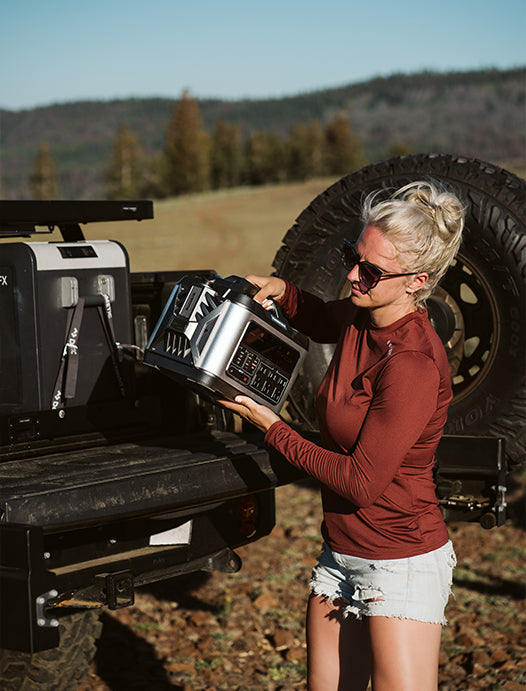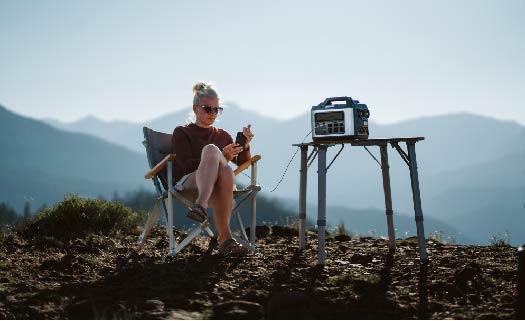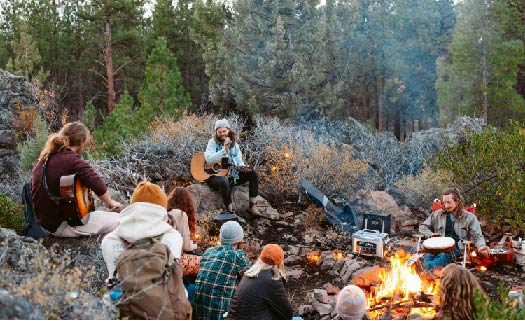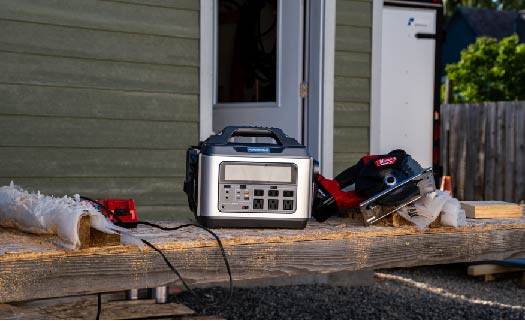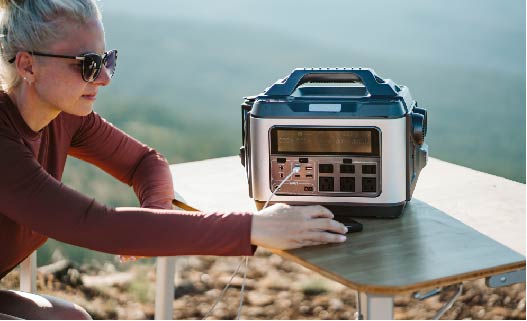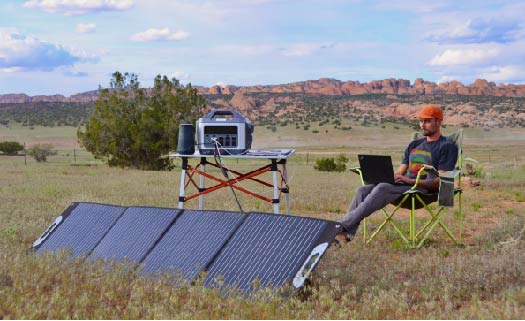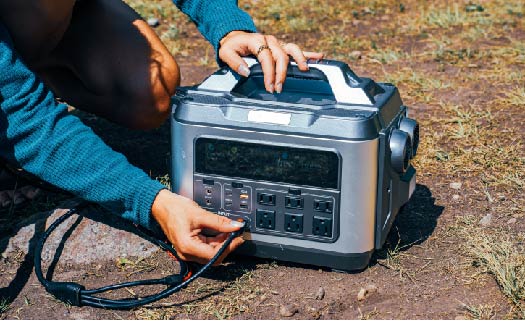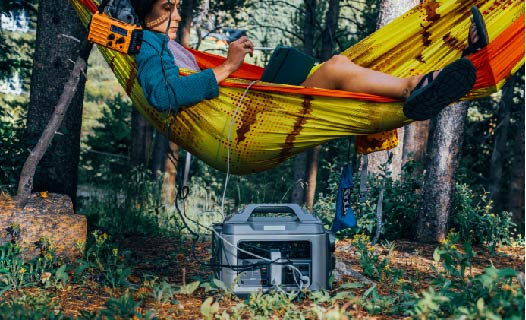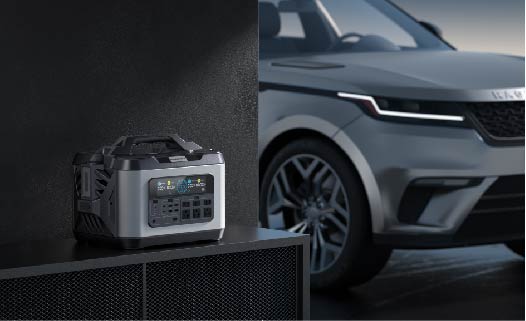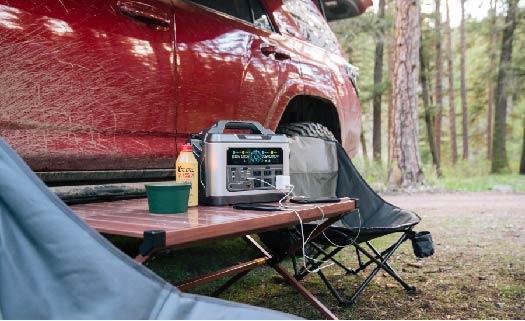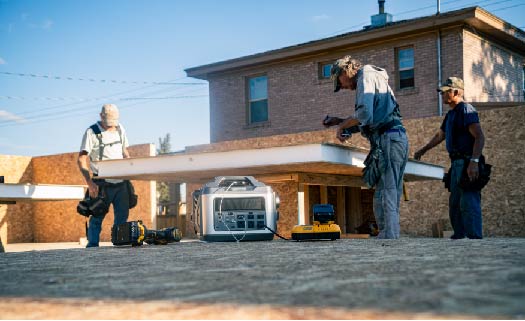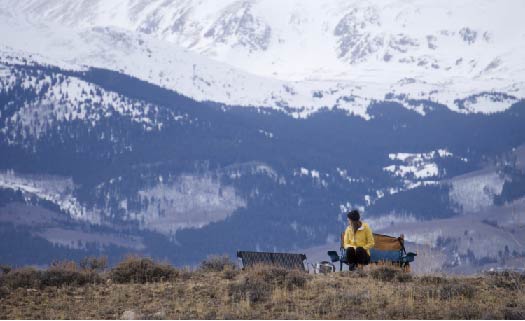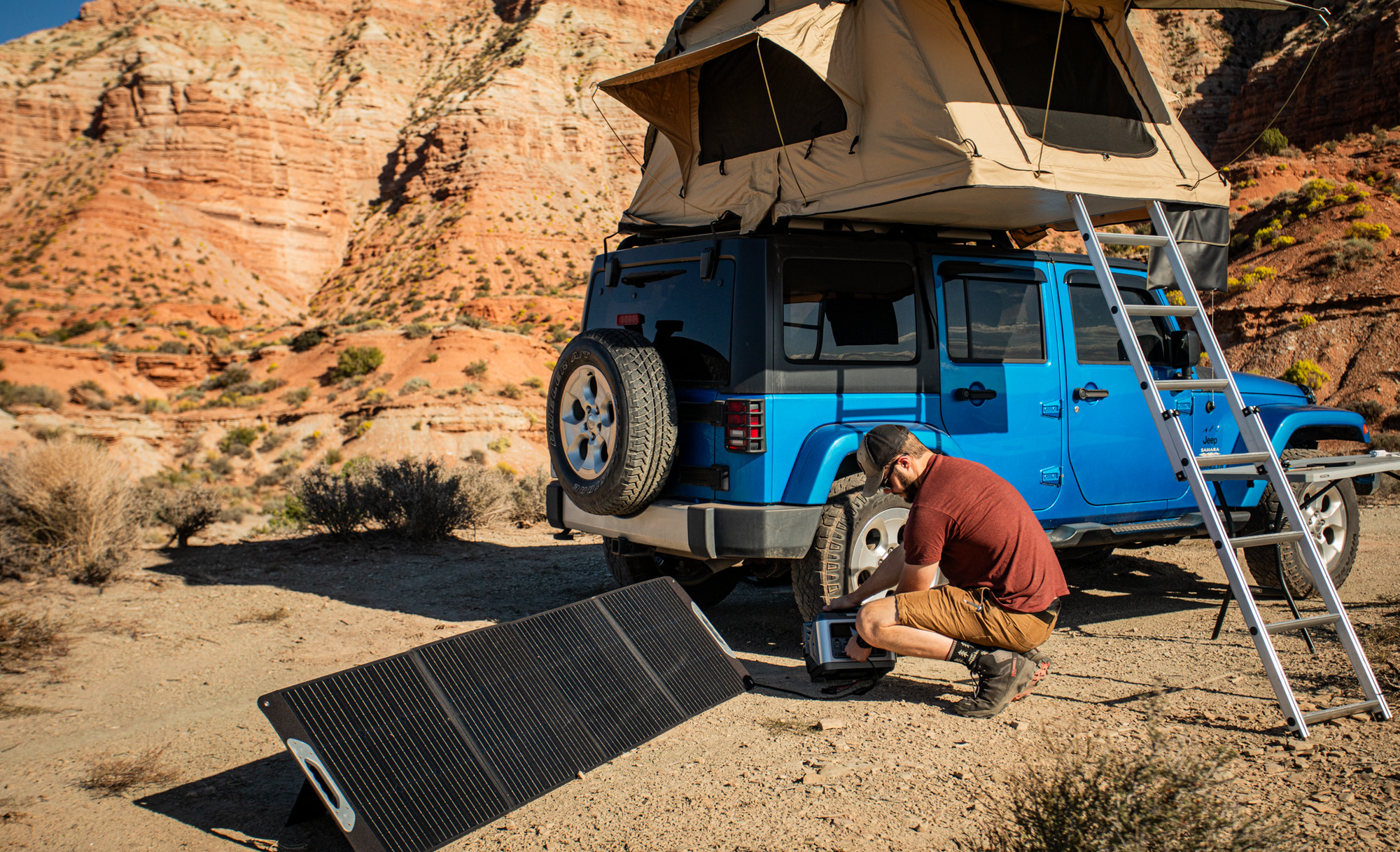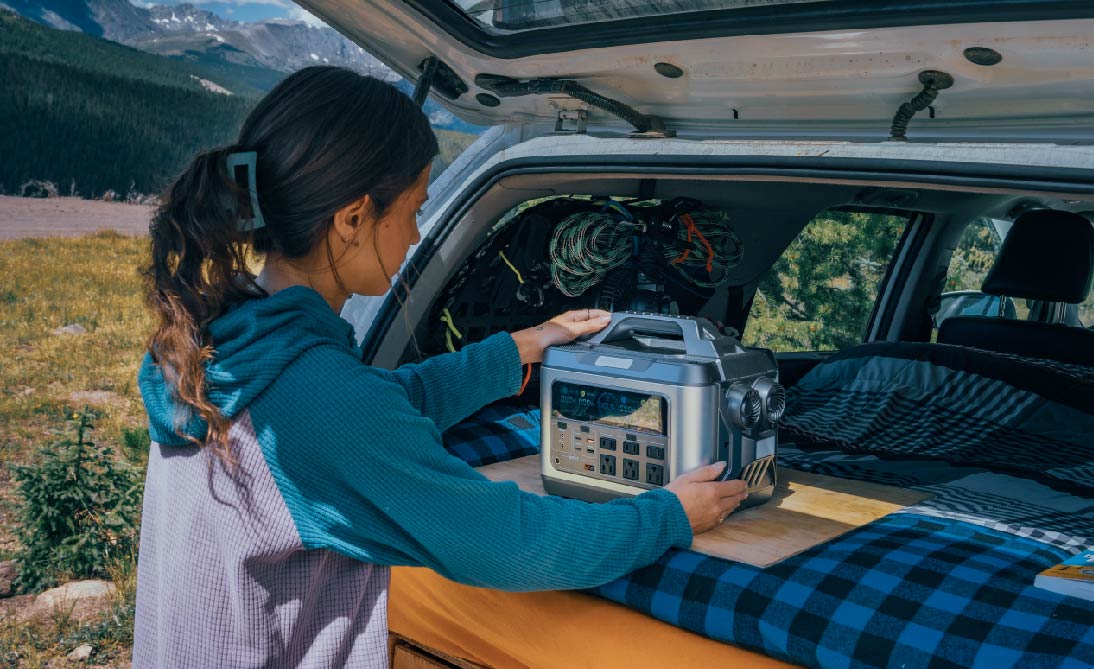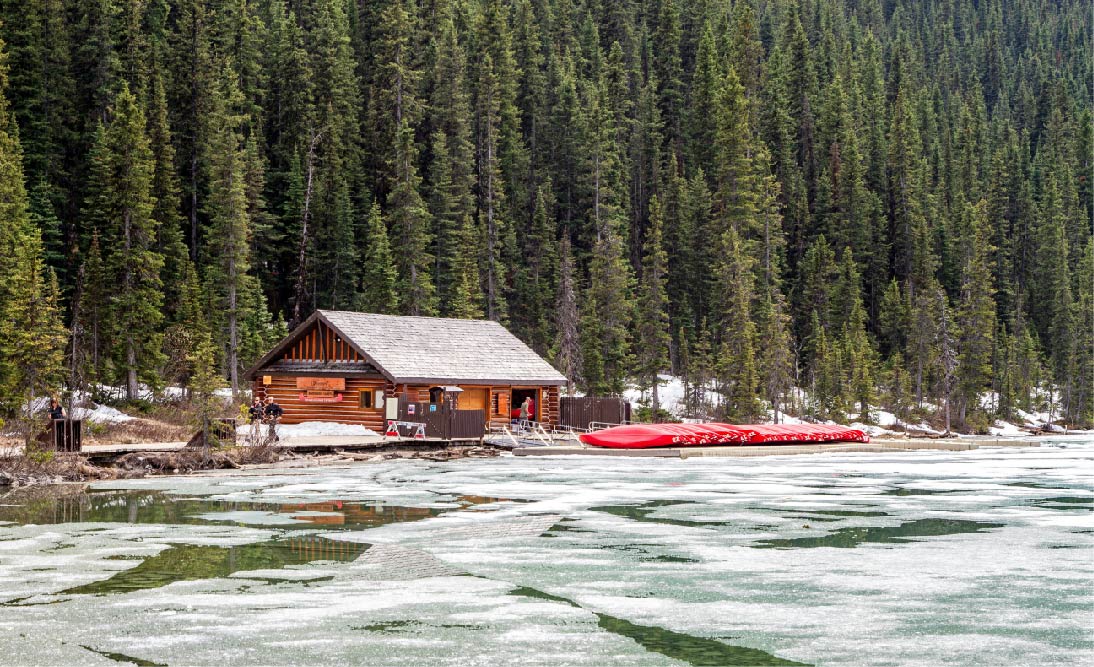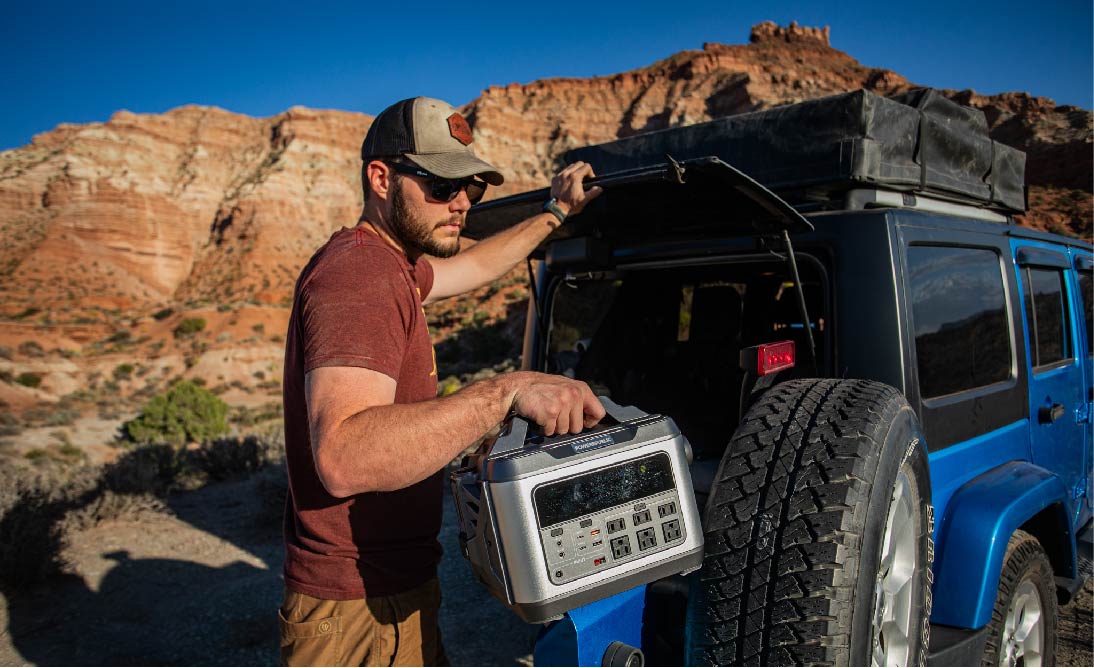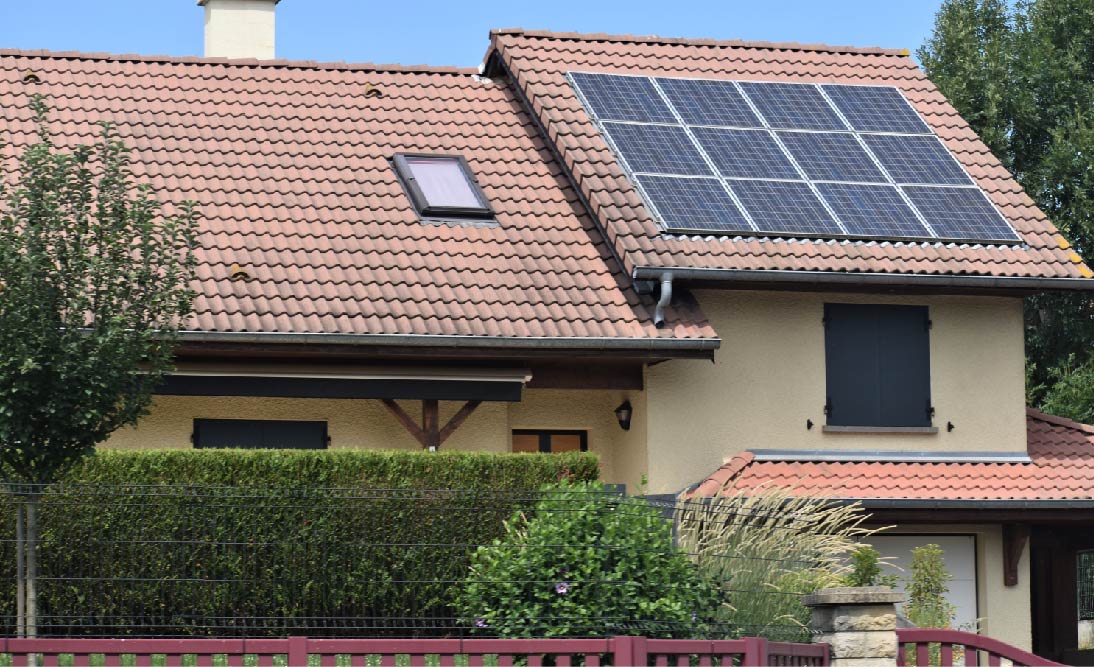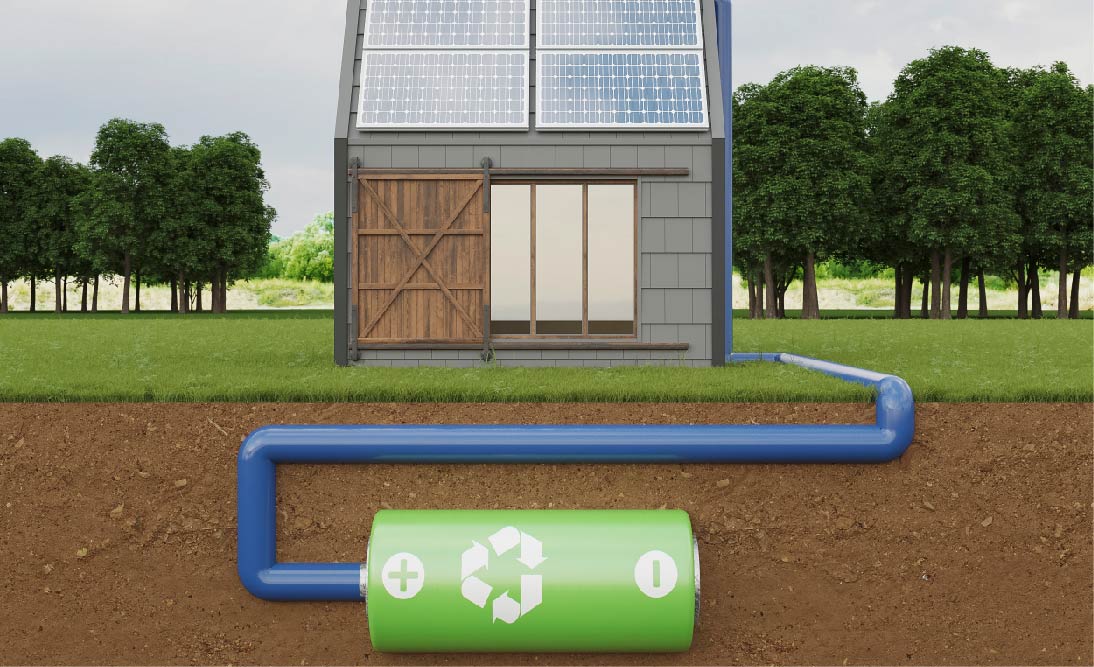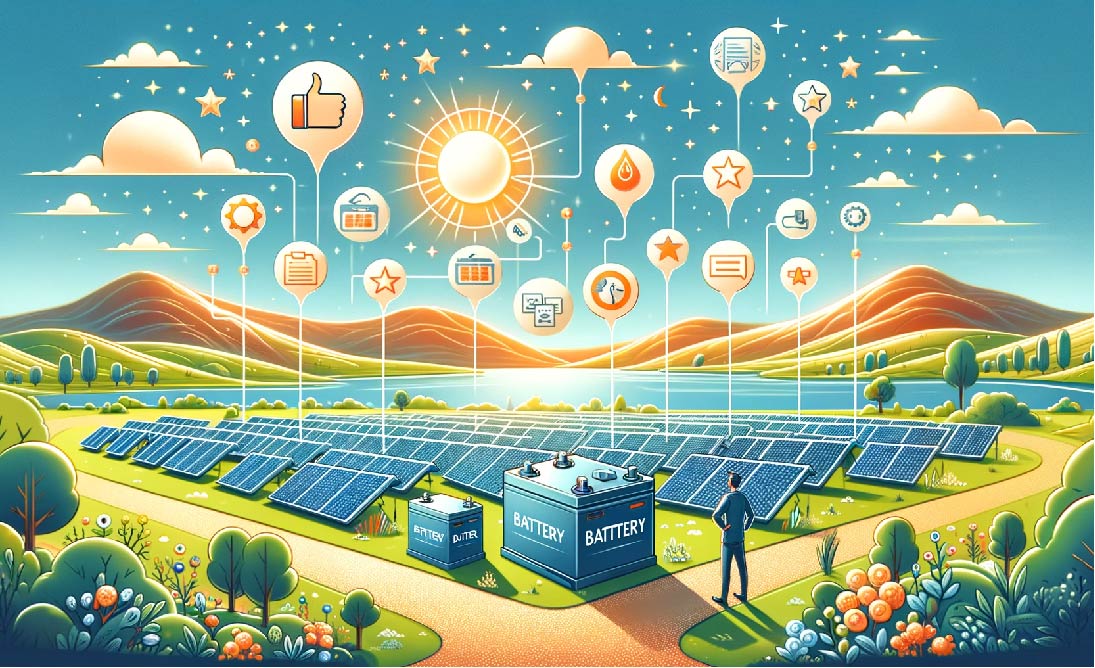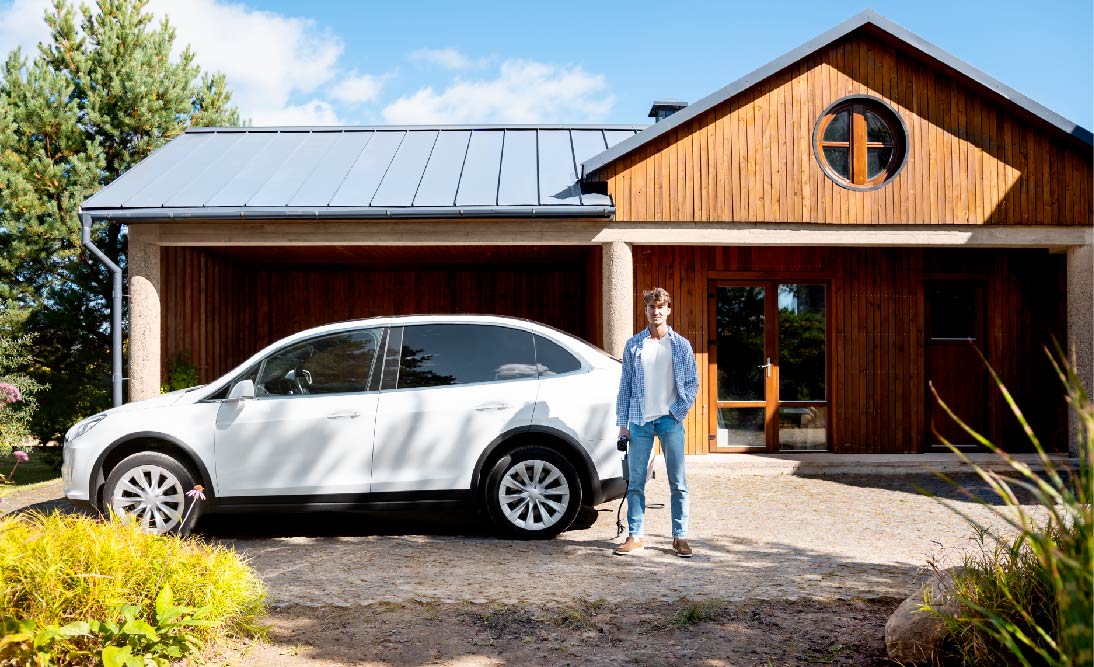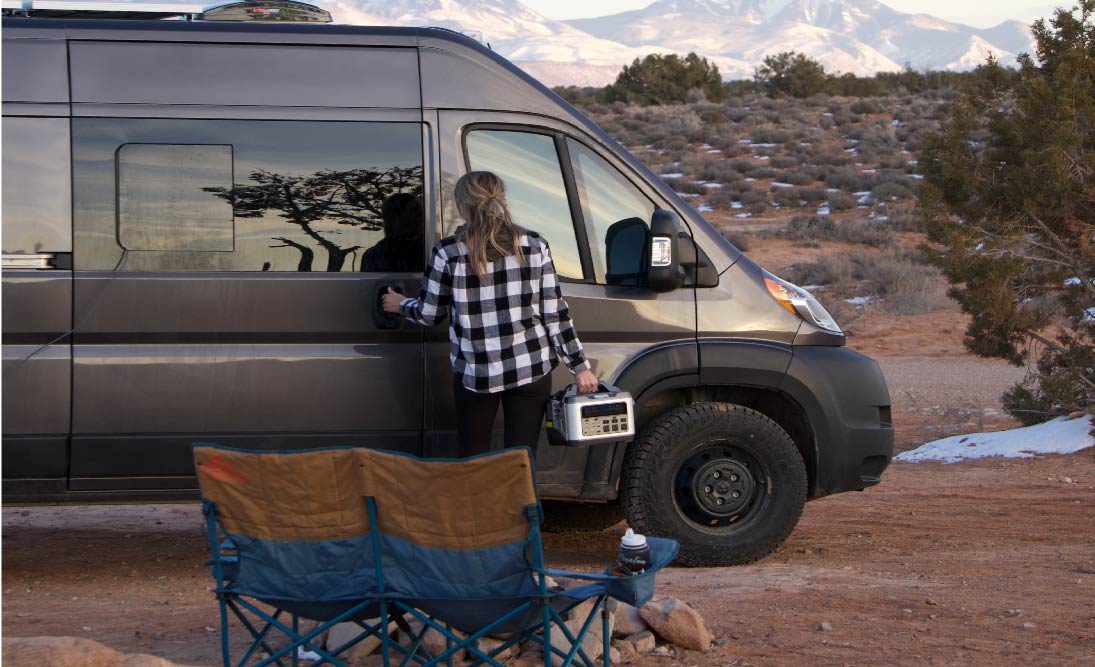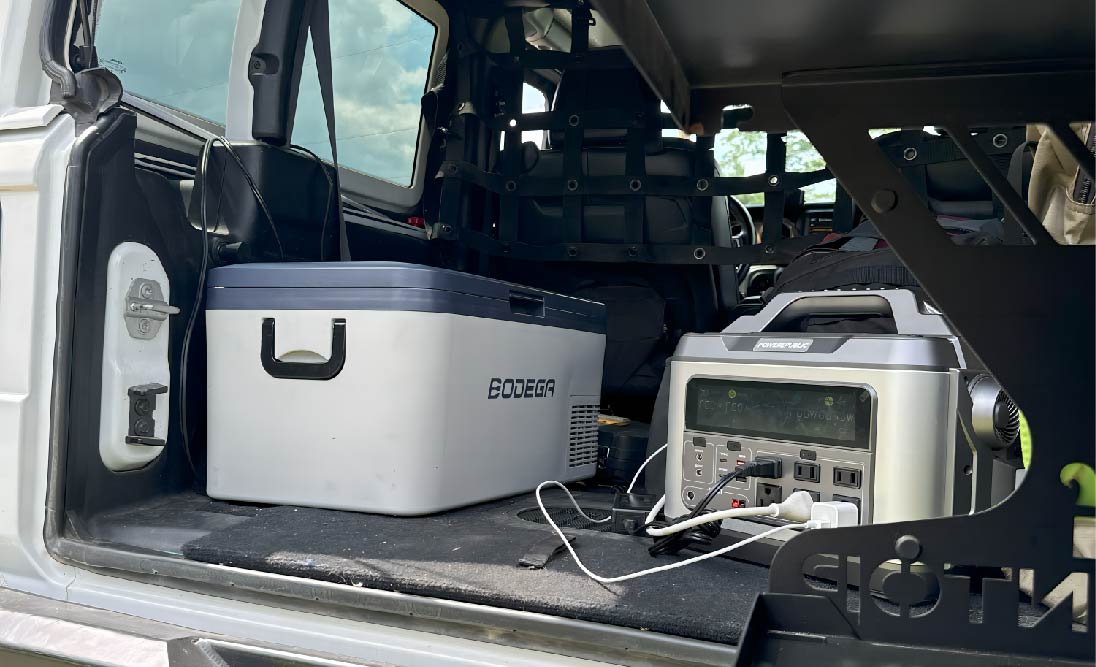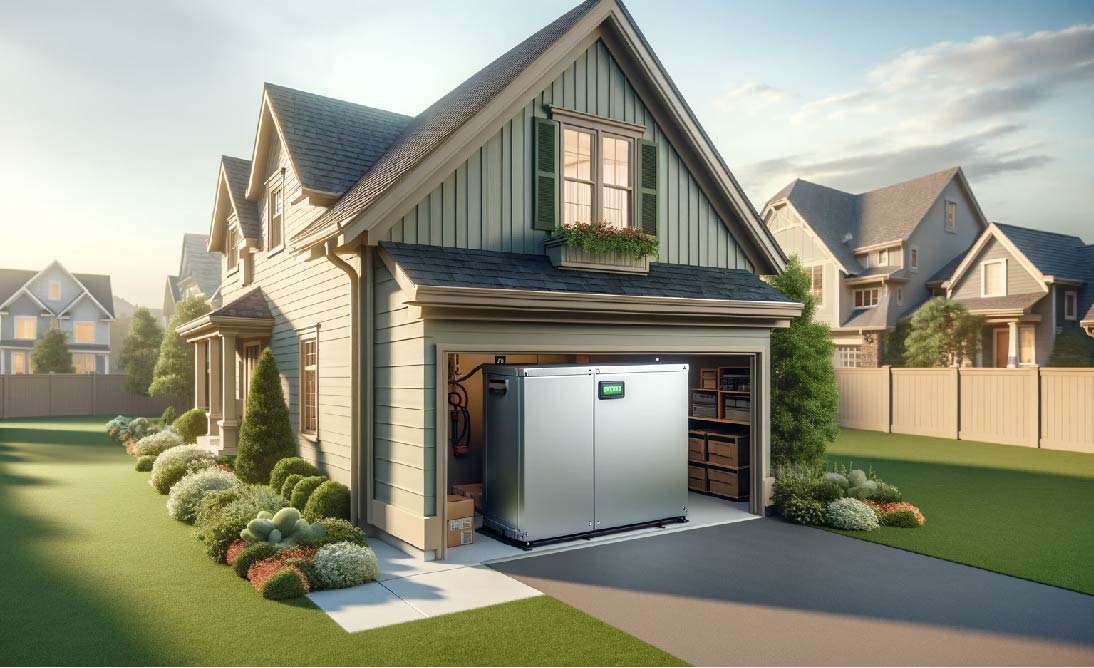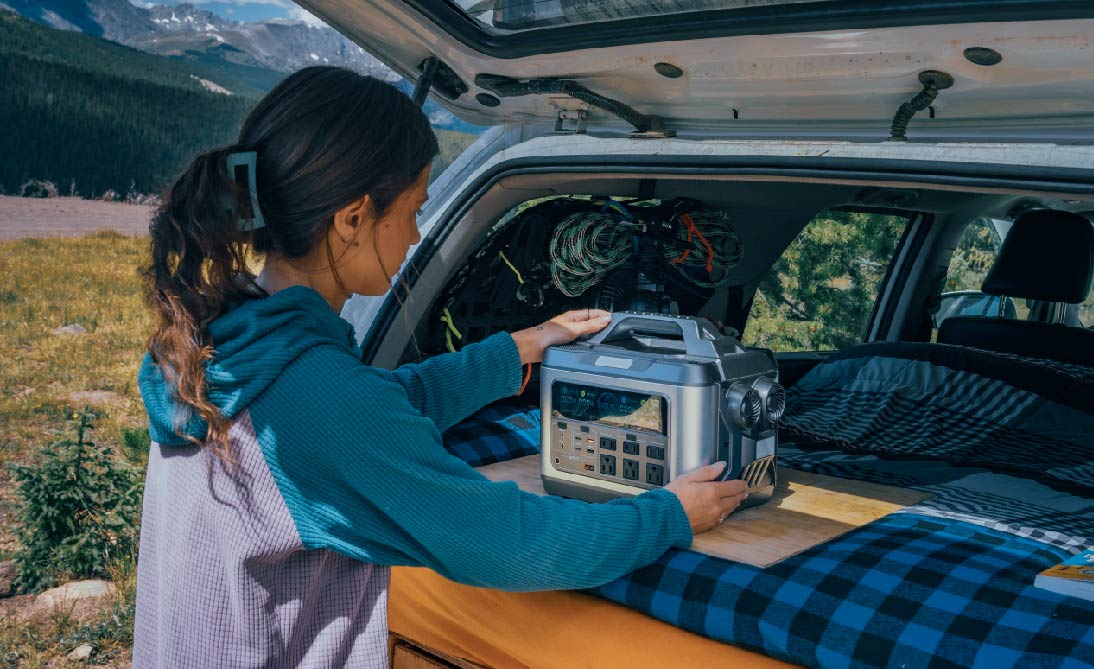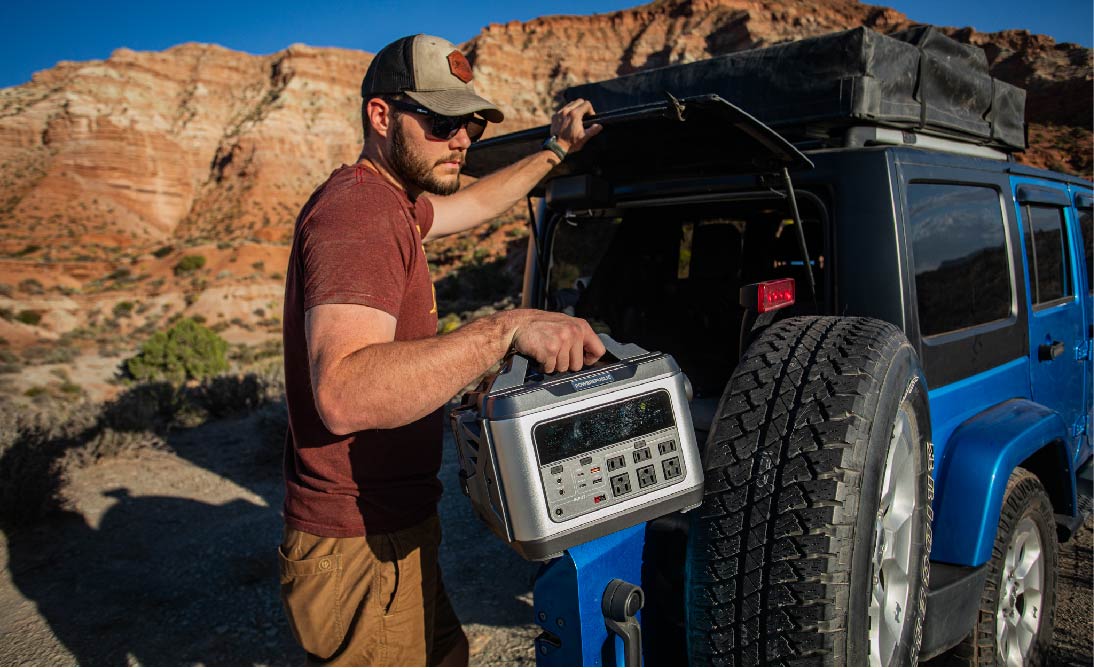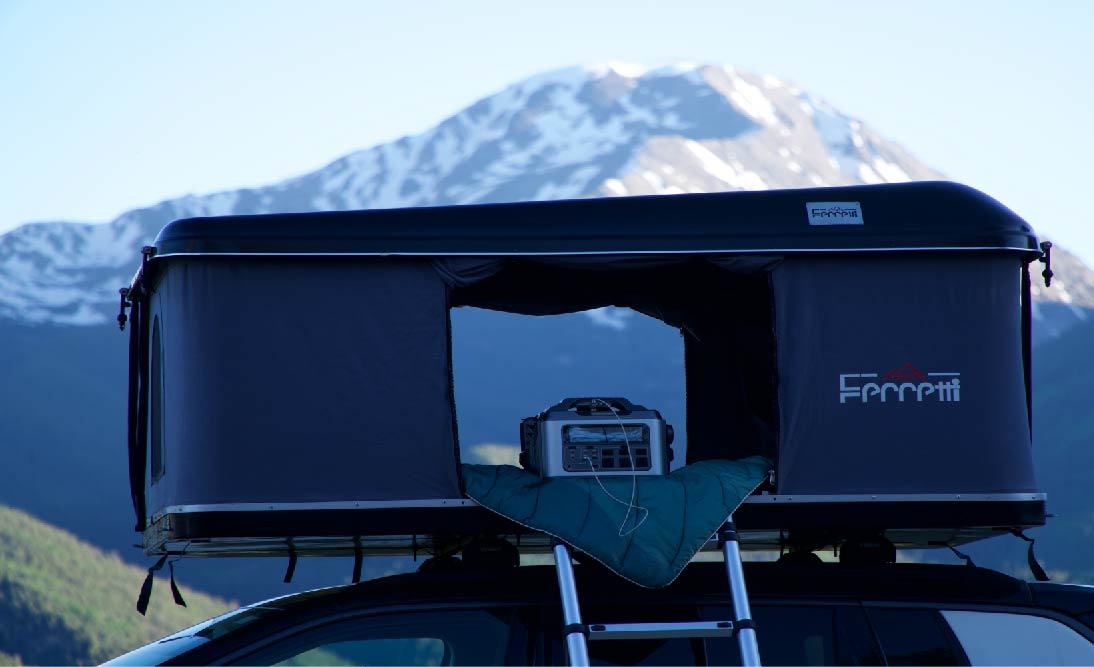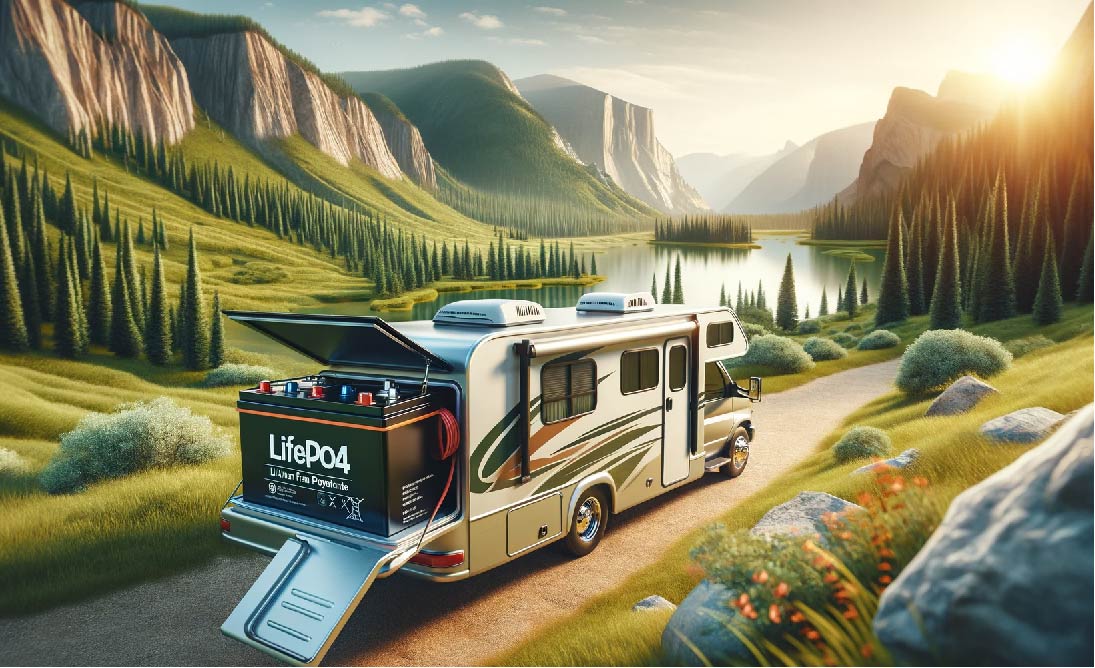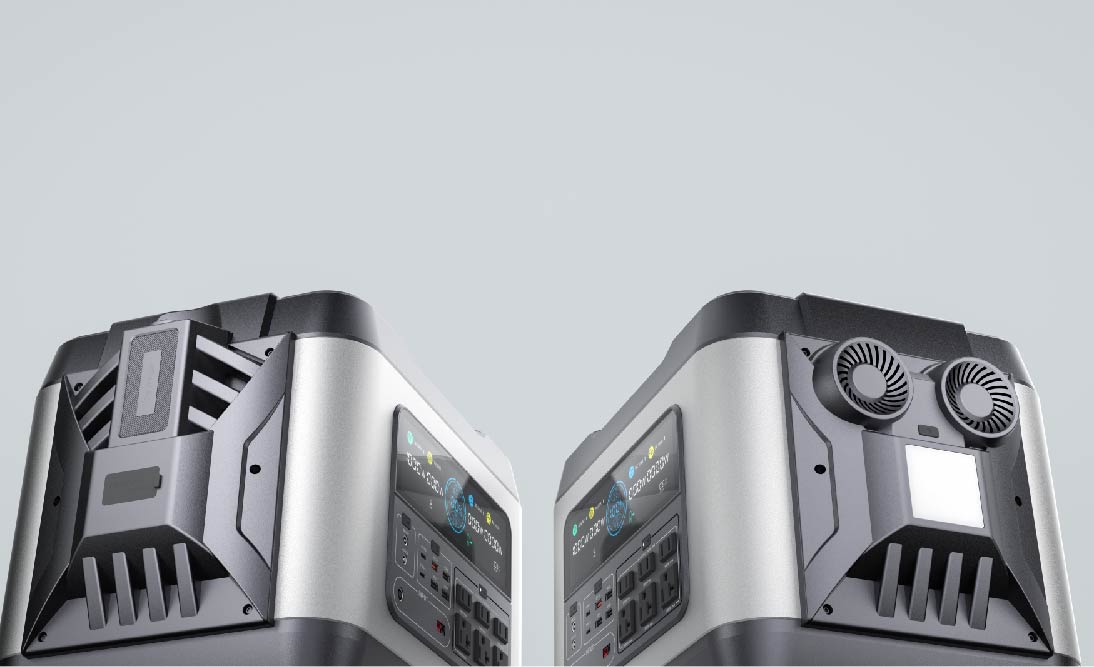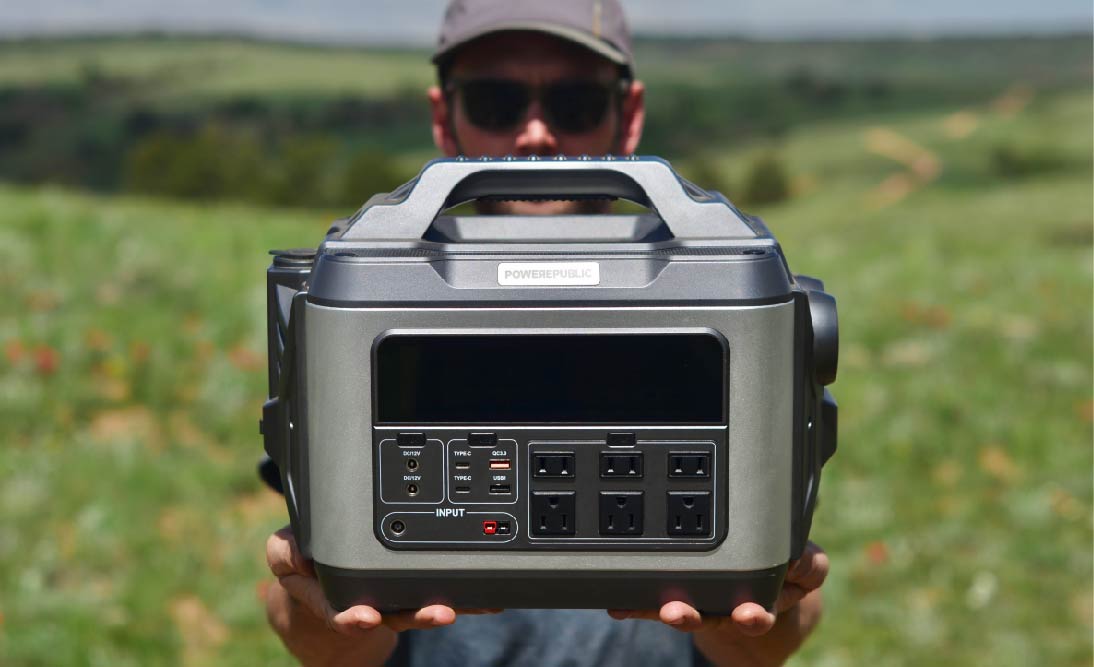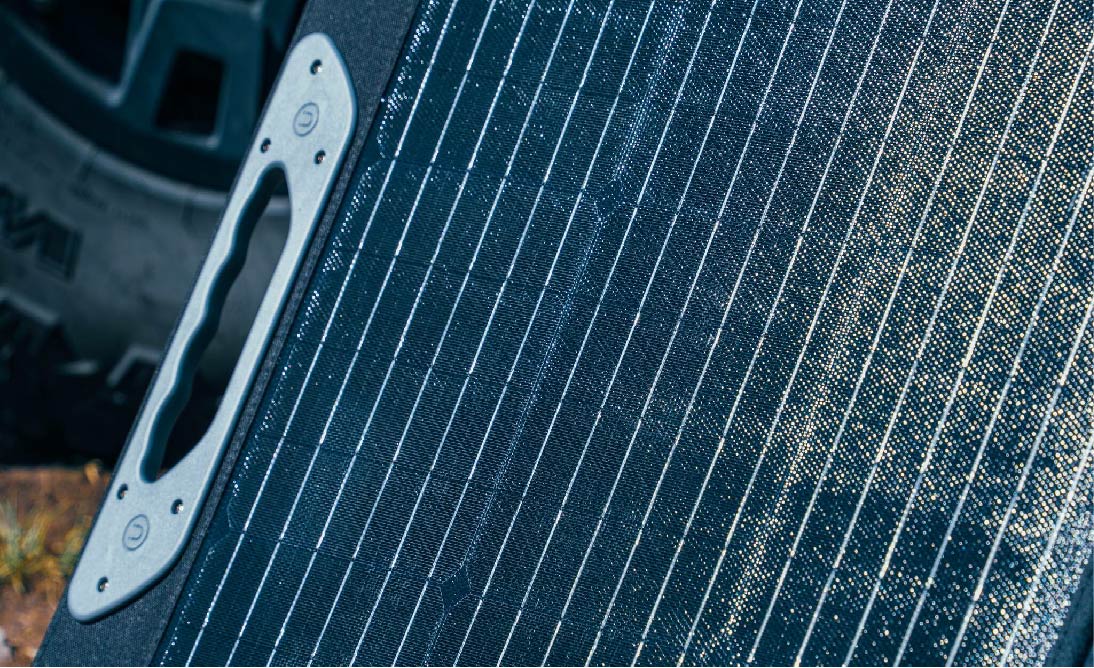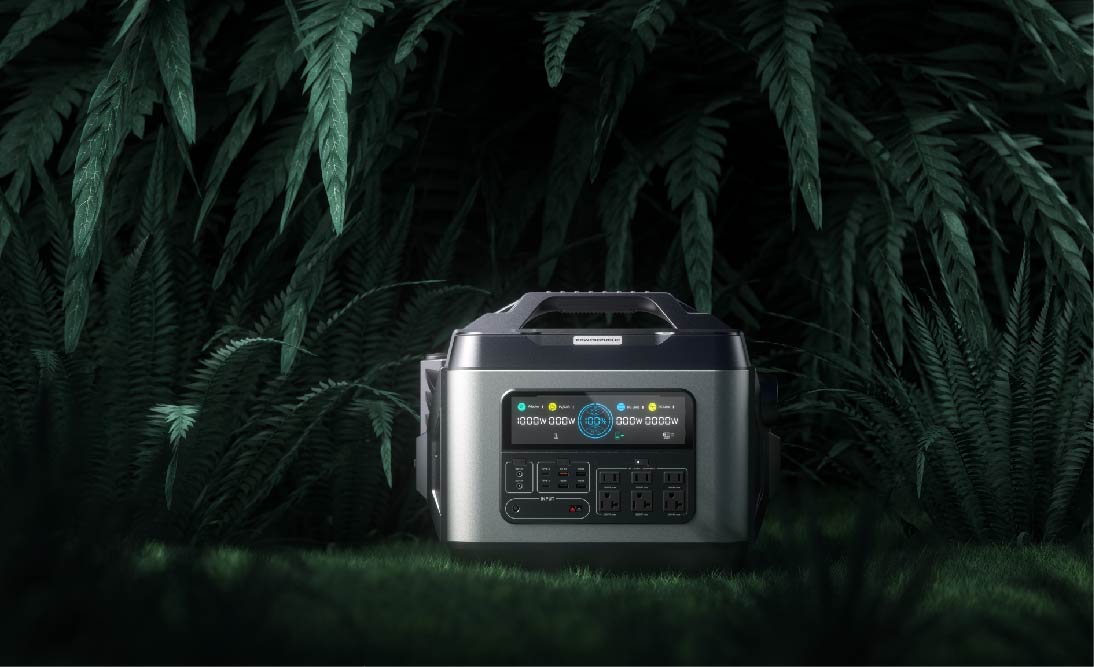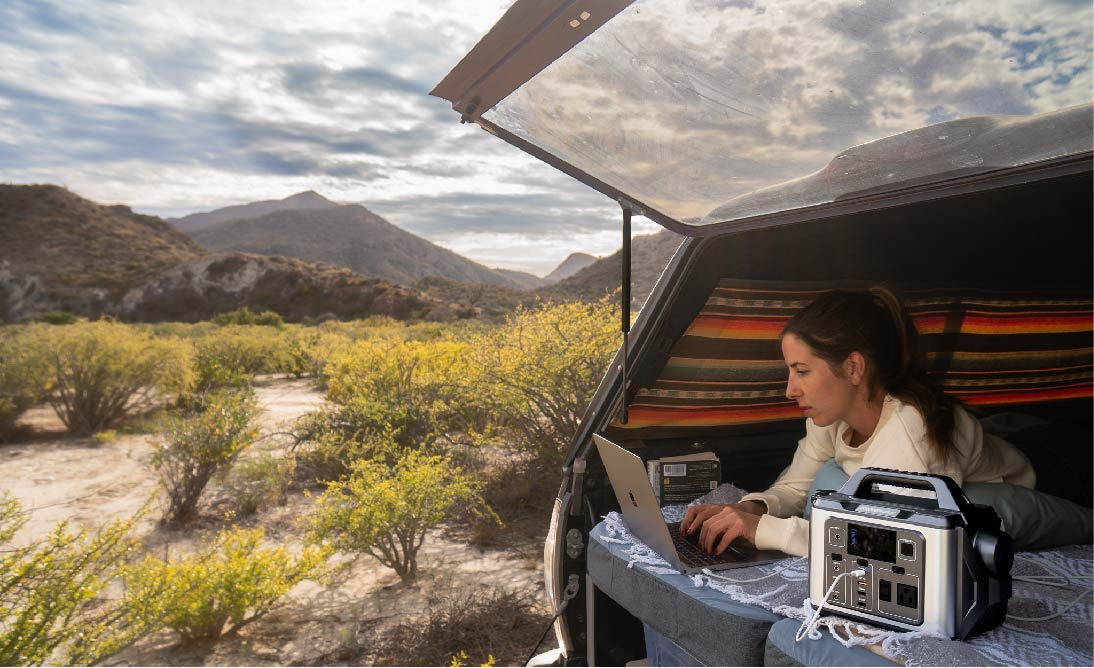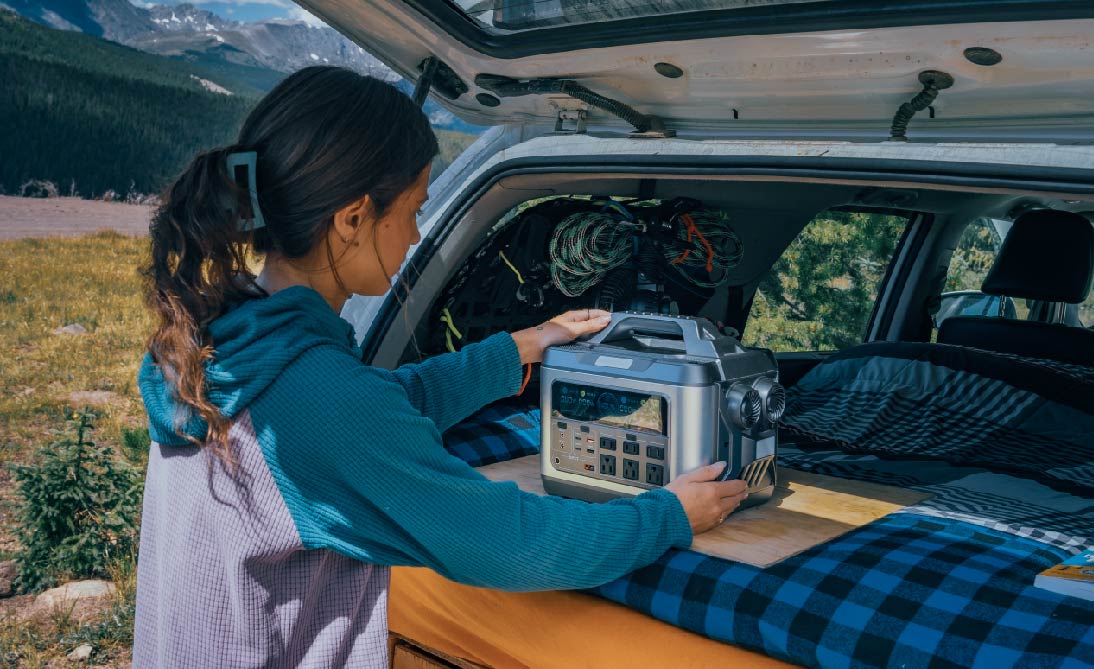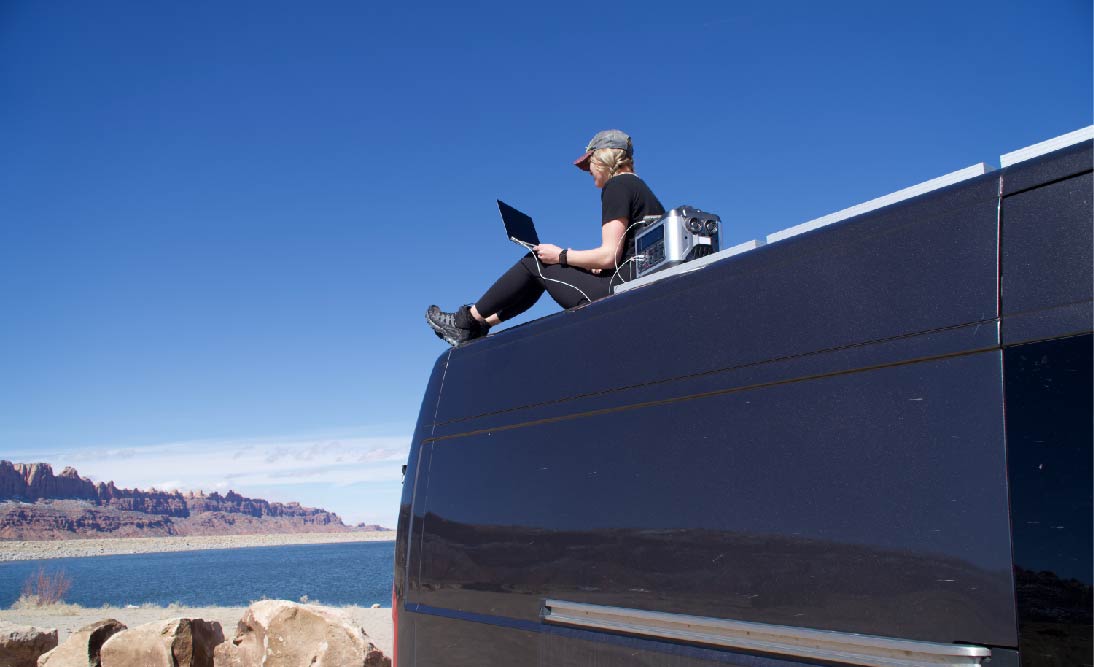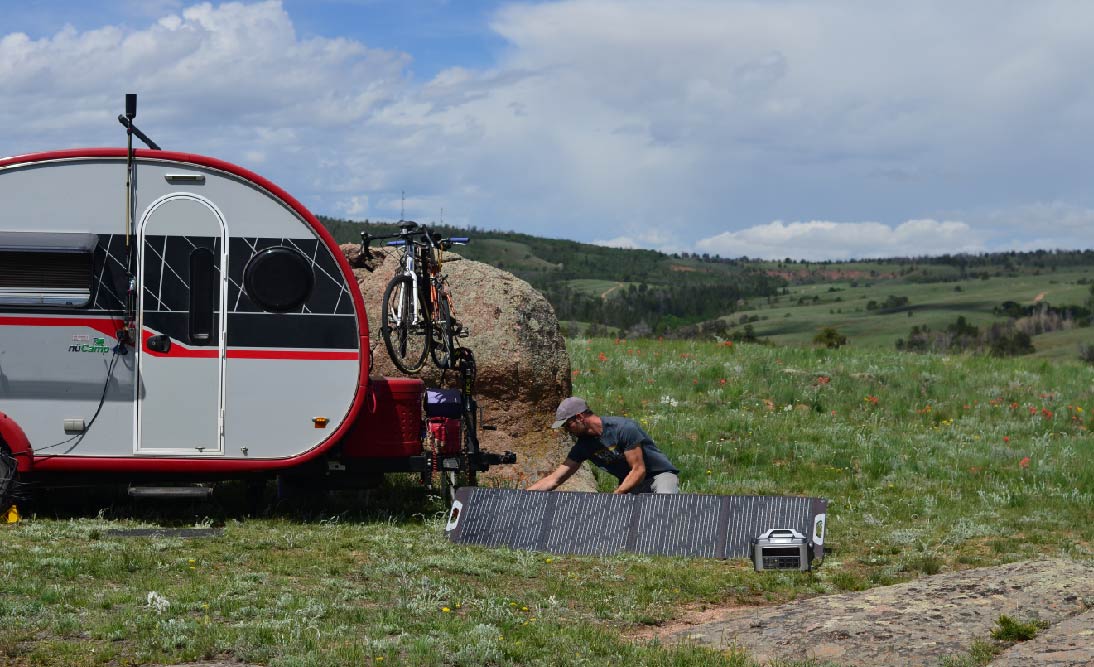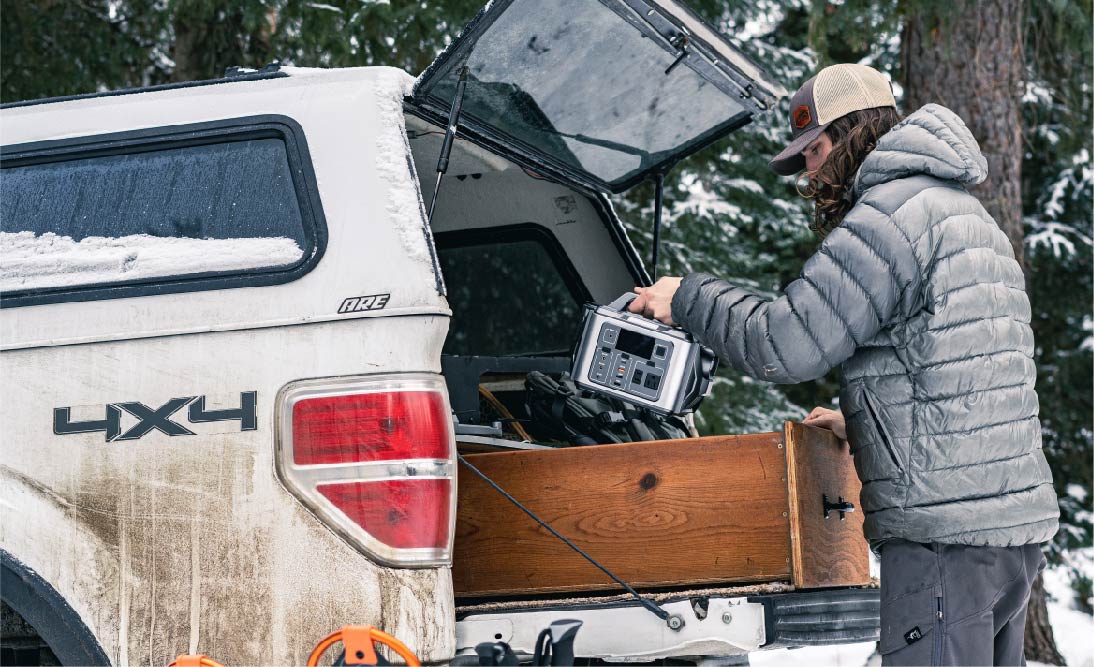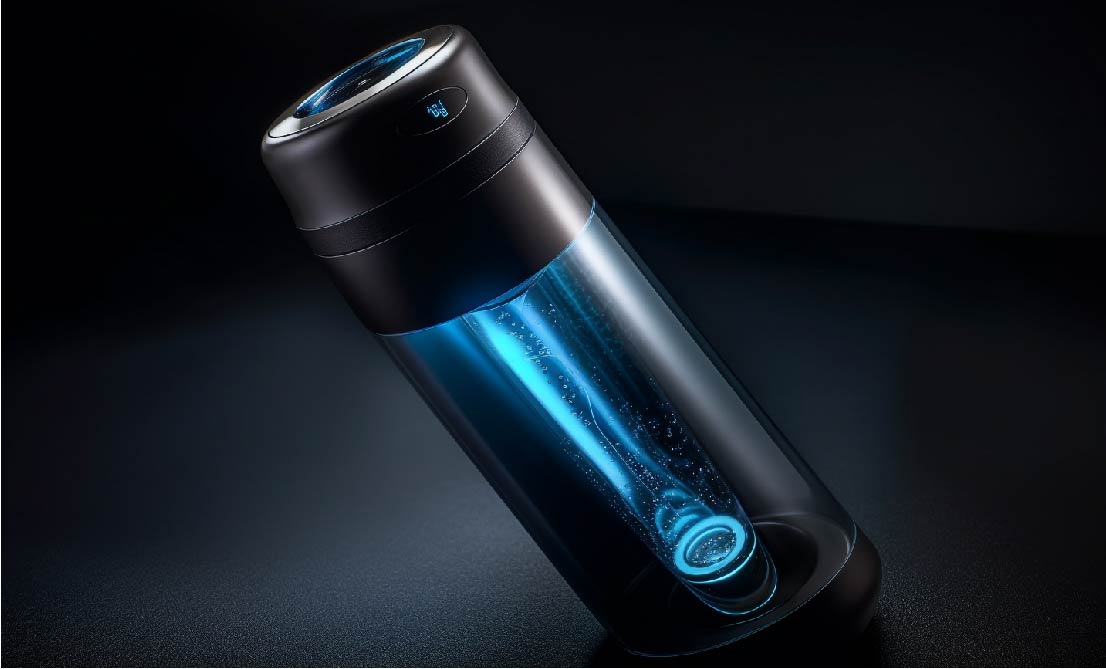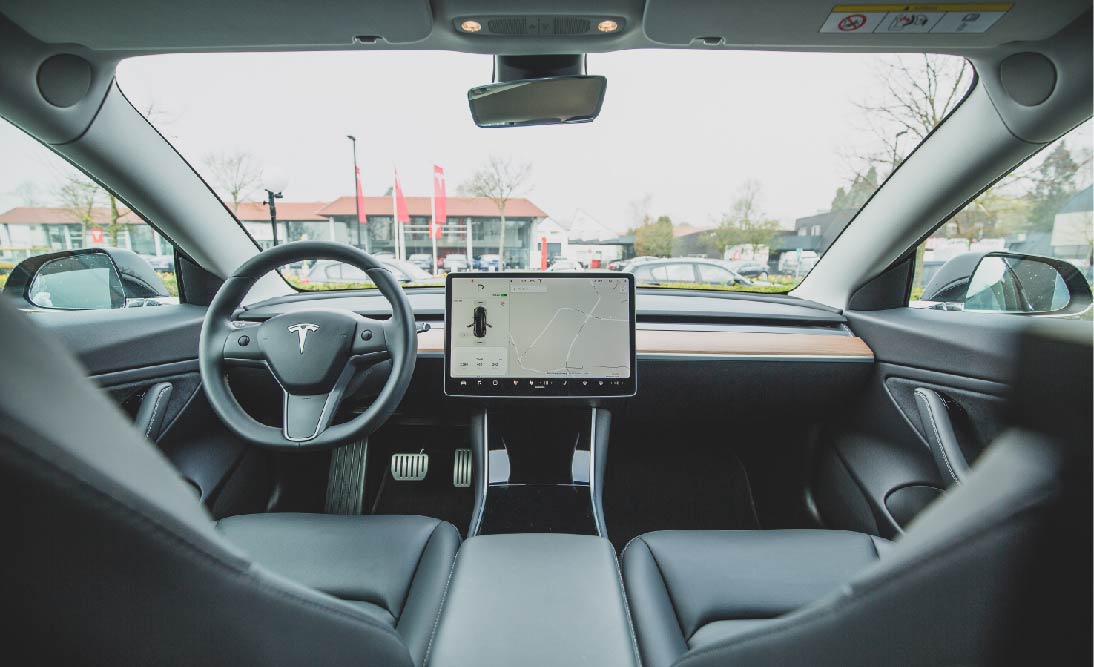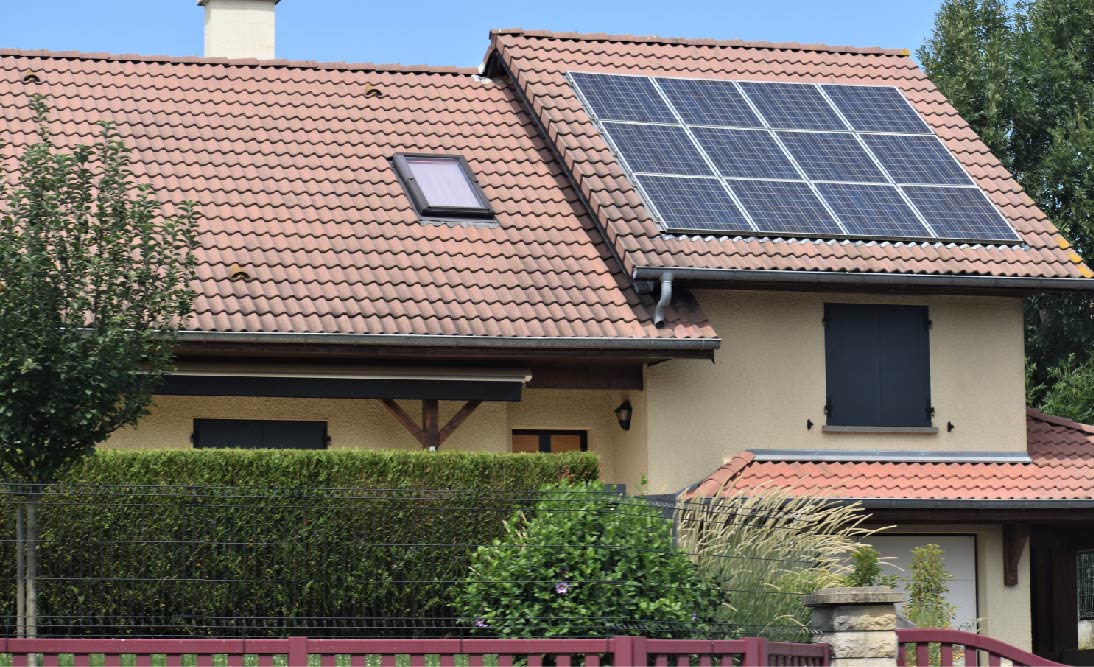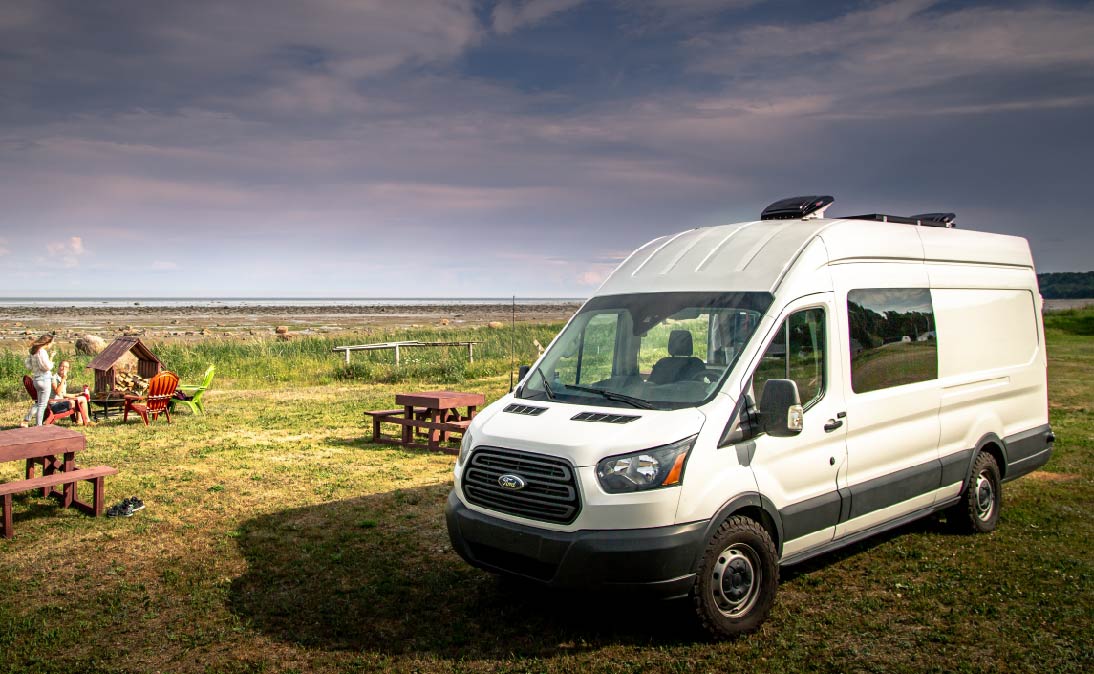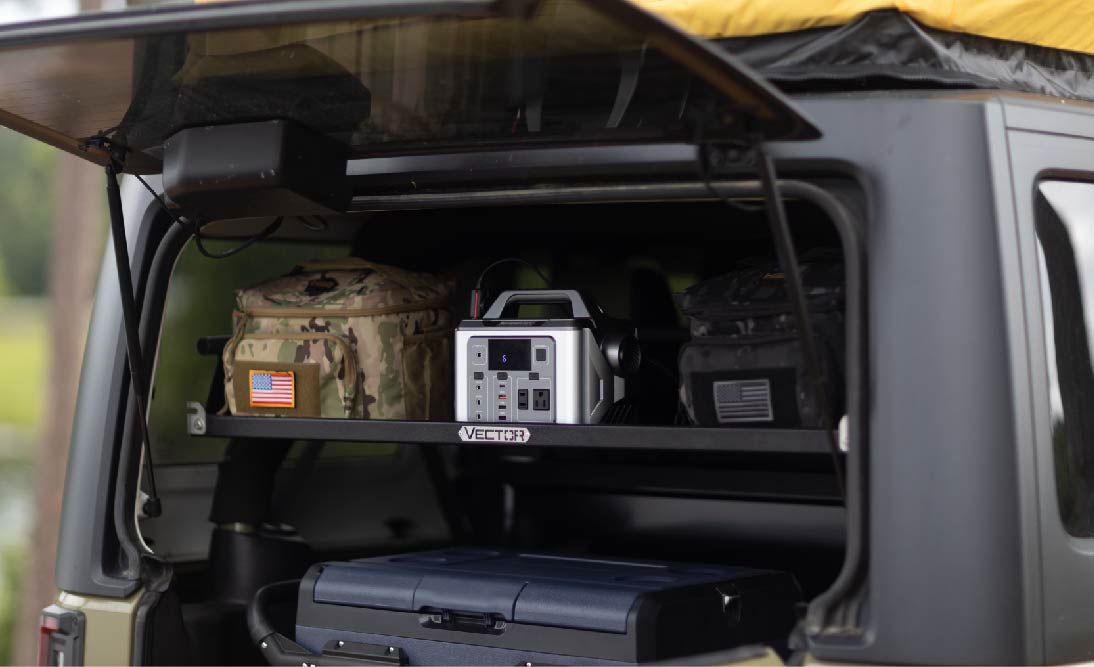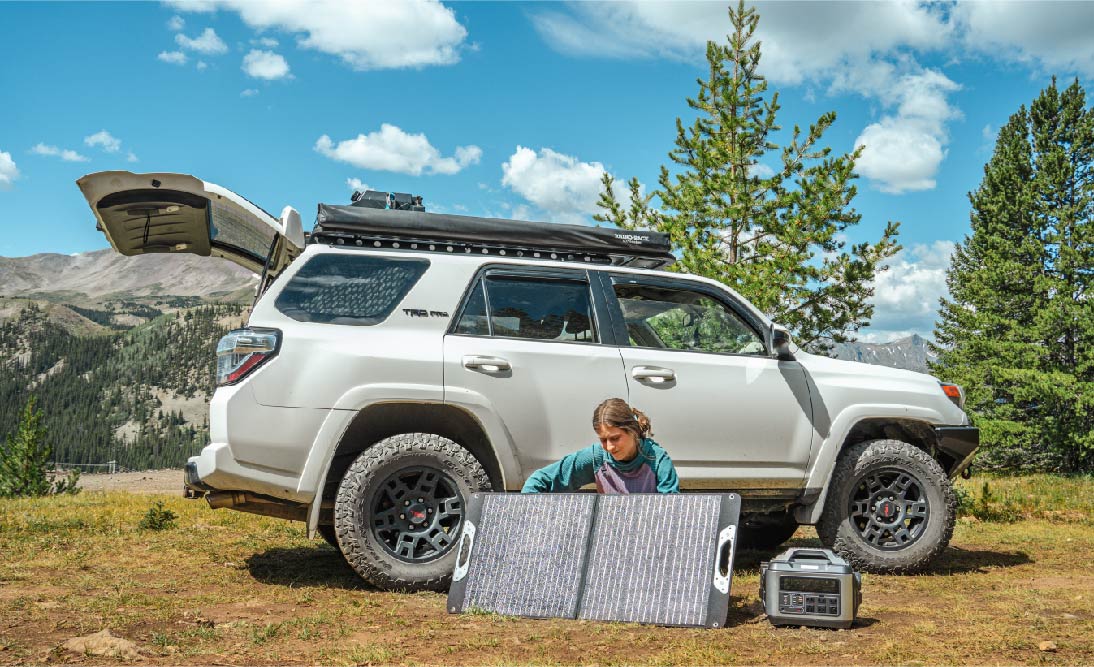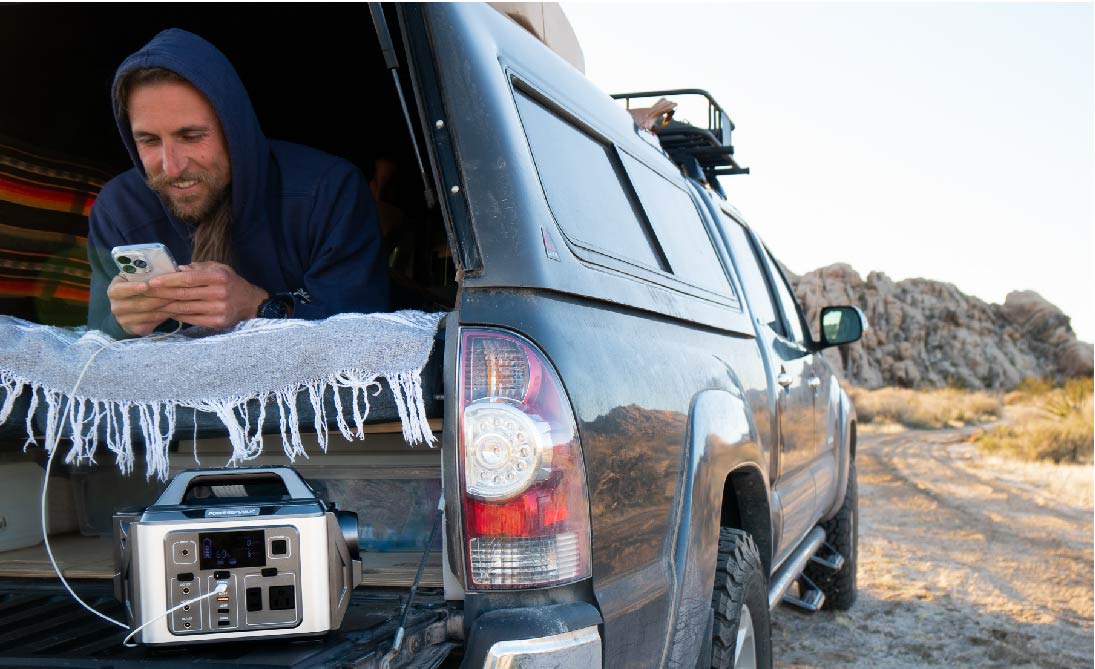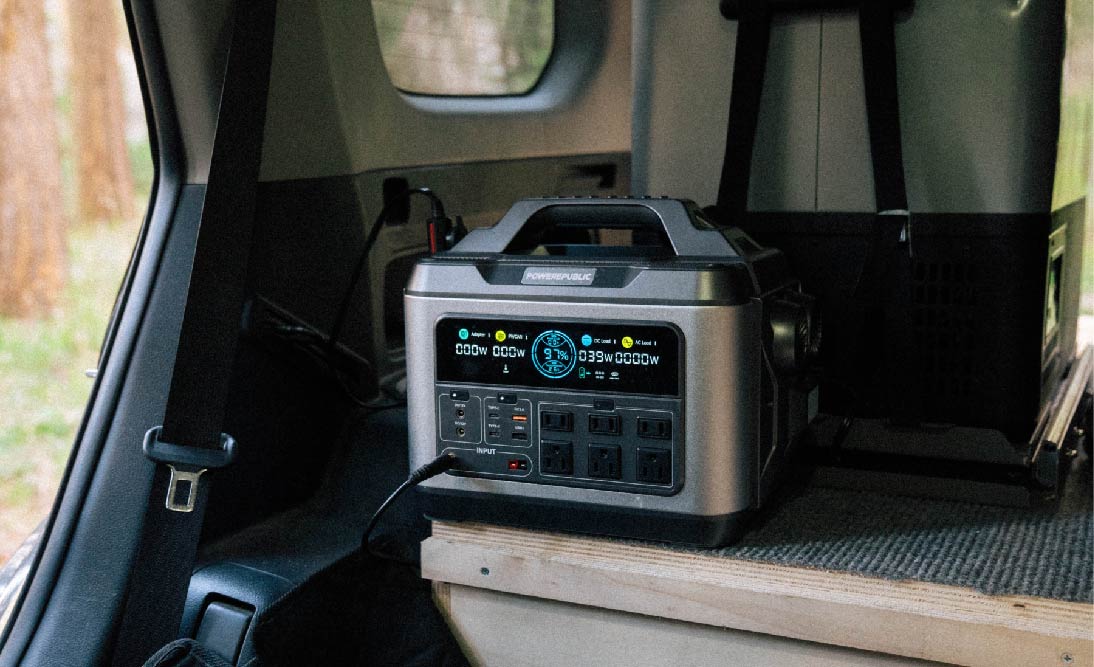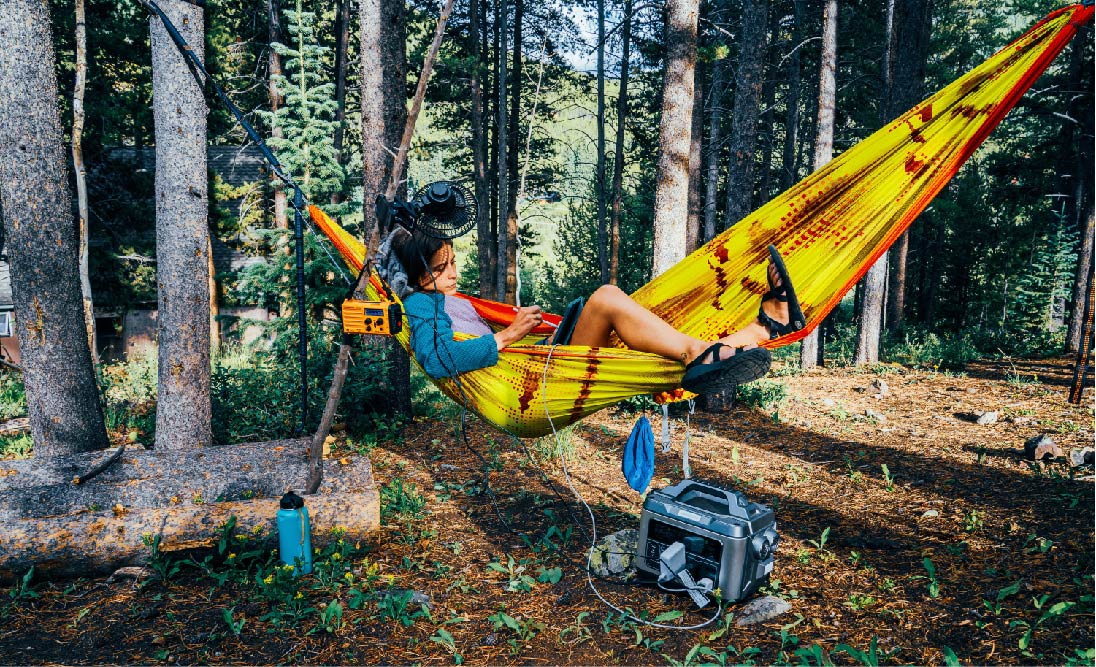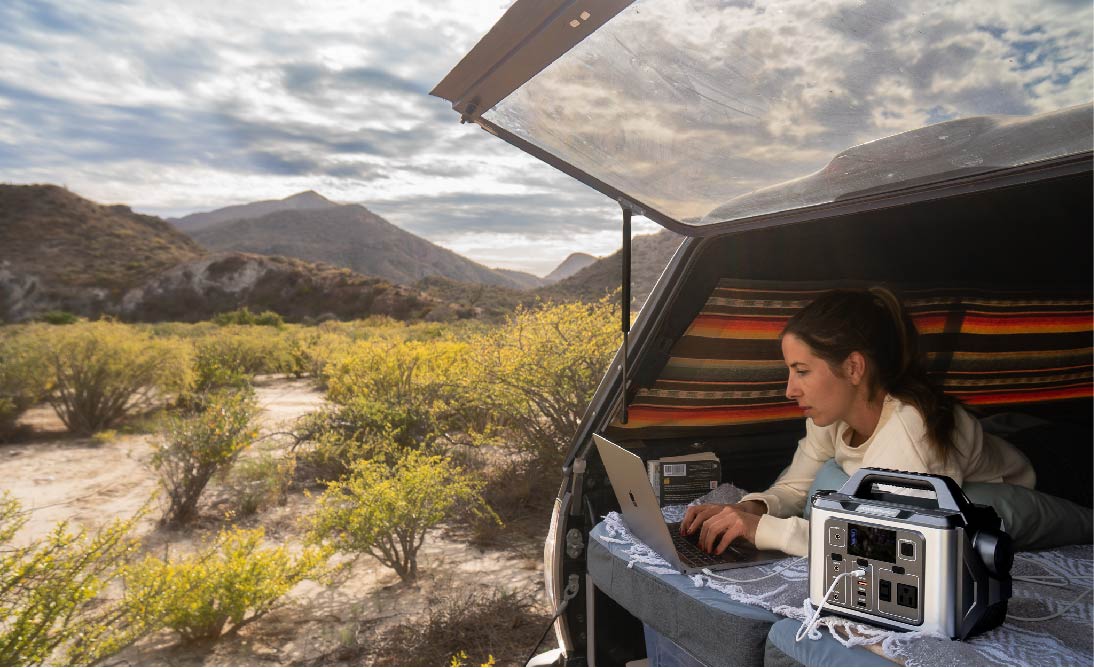Table Of Contents:
Overlanding and camping are words that come up when people talk about enjoying nature. At first glance, they might seem the same to someone new to outdoor adventures. But in reality, they are very different ways to explore and have fun outdoors.
Overlanding and camping each have their special features and things in common. To understand them better, you just need to know the differences between the two. This article will explain everything you need to know about camping and overlanding.
A General Differences Between Overlanding And Camping
Overlanding and camping are awesome ways to enjoy the great outdoors. They're all about leaving your regular life behind for a while and living a more adventurous life outside.
At first, it might seem like overlanding and camping are the same thing. Both involve getting ready with survival stuff and heading into the wild where there's not much city stuff. But if you look closely, you'll see some big differences between them.
Here's the deal: An overlander is a type of camper, but not all campers are overlanders. It might sound a bit confusing because both involve setting up camp and sleeping under the sky. But camping and overlanding are two separate ideas.
The Definition Of Overlanding

Overlanding is an adventure where you travel to far-off places using your vehicle, both on and off the road. It's all about the journey itself, not just reaching a destination.
Even though people have been doing overlanding for a while, it's only recently become popular in camping circles. The early roots of overlanding can be traced back to Australia in the early 1900s. Back then, they used routes to move cattle over long distances.
These routes weren't just for animals, though. Traders went along with the cattle, maybe even on foot, to close deals. While today's overlanding has nothing to do with animals, it's believed that this period laid the groundwork for what overlanding is today.
Overlanding is a tough journey that tests your determination. You have to rely on yourself and make do with limited resources while exploring wild places that most campers only dream about visiting on weekends.
To put it simply, Overlanding is a long journey in sturdy off-road vehicles to remote places. This journey can last from weeks to years, covering various countries and challenging terrains. The real joy isn't just reaching a campsite and having marshmallows. It's about exploring unknown trails and enjoying the beauty of nature along the way.
The Definition Of Camping

When you think about camping, you might picture a nice trip with your family to a pretty place where you can enjoy the outdoors for a few days before going home.
Camping is a time to relax and be in nature. It's when people spend time outdoors away from cities. It's like a fun vacation in nature.
Camping means spending time in nature and taking it easy. There are different ways to camp, like using a tent, backpacking, or even fancy camping in a van (glamping). People choose how they want to camp based on what they like and what makes them comfortable.
People usually camp in special areas where they can set up tents or use RVs. Depending on where they go, they might have things like bathrooms and kitchens, or they might have to use less stuff and be more self-sufficient. This type of camping is called boondocking or dispersed camping.
When people camp, they often do activities like hiking, fishing, kayaking, bird-watching, and more to enjoy being outside.
Overlanding Vs. Camping: What Are The Differences?

Camping and Overlanding both mean leaving the busy city life for nature. People often mix them up because they both involve being outside and using basic things to live. But they're not the same.
Camping is a short getaway to have fun and relax in nature, with friends or family. Overlanding is a longer adventure about enjoying the wild journey itself, often alone.
So, camping is a quick break, and overlanding is a bigger adventure.
1. They Have Different Purposes
Camping: Camping is all about having fun, relaxing, and exploring nature. People plan their camping trips with a specific place in mind, like a pretty lake or a mountaintop. They decide how long they'll stay and what activities they'll do. For campers, the best part is being at the location and enjoying the activities. Camping trips are often with family, a partner, or in groups, and campers set up their tents for the night after exploring during the day.
Overlanding: Overlanding is a bit like camping but with a twist. While camping has a specific destination, overlanding is all about the journey. The goal is not just to get somewhere but to enjoy the adventure of getting there. Overlanders love rugged roads, tough terrain, and the untouched beauty of nature. They set up tents at night too, but the joy is in the long drive and the journey itself. Overlanding isn't just a trip; it's a way of life that involves driving a 4WD vehicle and handling any kind of terrain.
So, camping is about the destination and planned fun, while Overlanding is about the journey and the thrill of the adventure.
2. Time Spent
Camping: Camping trips are usually short, lasting a few days, and campers stay in one place. It's like a relaxing vacation where people take a break from city life to enjoy nature.
Overlanding: Overlanding is quite different. When you go Overlanding, you head into the wild for an unknown time. Overlanders might explore different places for weeks, months, or even years. They're away from home much longer than regular campers and keep moving, setting up camp in new spots every few days. It's like a never-ending adventure.
3. Different Planning Process
Camping and overlanding involve distinct planning approaches due to their varying natures.
Camping: When you opt for camping, you typically have a clear destination in mind. You know where you're going, what activities you'll engage in, and how long you'll stay. This makes it relatively straightforward to plan. For instance, if your camping site provides facilities like bathrooms and fire pits, you can rely on them, reducing the need to carry such equipment. Additionally, if you're using an RV, most essential gear is already on board, simplifying your preparations.
Overlanding: Planning an overland adventure is a more intricate process. Unlike camping, where your destination is well-defined, Overlanding often involves venturing into unfamiliar territory with no specific endpoint. This uncertainty requires a different approach to planning.
To prepare for an overland trip, you must consider various unknown variables. While you might have a general idea of the regions you'll traverse, the exact routes and conditions can be unpredictable. Therefore, your planning revolves around adapting to changing circumstances.
One crucial aspect of Overlanding planning is understanding the diverse weather conditions and terrains you may encounter during your journey. This knowledge helps you equip yourself adequately for the challenges that lie ahead. You must prepare for different scenarios, as the road ahead is uncertain. This includes stocking up on food, water, and clothing that can cater to a wide range of circumstances.
In essence, while camping allows for a more concrete planning process with a defined destination, Overlanding involves a greater degree of flexibility and adaptability due to its inherent unpredictability.
4. Resources And Facilities
Camping: When campers go camping, the facilities they get depend on where they choose to stay. Different camping spots offer different things.
Frontcountry campsites are like a luxury version of camping. They have everything you'd find in the city, like running water, bathrooms, showers, and even electricity. They also have picnic tables, fireplaces, tent spots, and parking. You pay to stay here, and they are often owned by the government or private companies. People who want a nature vacation with comfort like these places.
Designated campsites are cheaper, but they're more basic. They're usually in quieter, more secluded spots. You might not have electricity or running water, but you'll have simple toilets, fire rings, and picnic tables.
Dispersed campsites are the most basic. They're often free, but you'll have very few amenities. Sometimes, all you get is a place to put your tent, and maybe some public toilets and a fire pit.
Overlanding: Overlanders don't have these options. They have to deal with whatever they find. They don't get the facilities that regular campers enjoy. So, they have to be creative. For example, they might have to use their gear to make their bathroom solutions. Overlanding is all about being prepared for anything.
5. Different Gear Requirements
Camping: When you go camping, you generally know what to expect, making gear preparation more straightforward. Depending on your camping site, you may have access to amenities like electricity, gas, grills, portable power stations for backup power solutions, and so forth. In such cases, your packing mainly revolves around clothing suitable for the weather and some basic appliances.
Overlanding: However, overlanding demands a more comprehensive approach to gear. Since you'll be far from urban conveniences for an extended period, you must pack everything necessary for survival. This includes a camping stove, fuel, bedding, clothing suitable for various conditions, non-perishable food, and ample water.
In overlanding, you're responsible for your survival, so your gear must cover a wide range of needs. Moreover, you'll need specific vehicle-related gear since Overlanding is vehicle-centric. This gear includes items like vehicle recovery kits, maps, fire extinguishers, air tools, and an extra tire. Also, portable power stations and solar generator kits are very important for Overlanders to prevent any power outages off-grid. These items ensure you're well-prepared to handle any challenges that may arise during your journey.
To sum up, while camping requires minimal gear, Overlanding demands an extensive array of equipment to ensure your safety, comfort, and readiness for unexpected situations.
Conclusion
In summary, camping is an easy and relaxed way to enjoy nature in a specific spot. It's great for a short break from city life, and the comfort level depends on your campsite.
On the flip side, overlanding is a more adventurous journey. It's all about the trip itself, often into the wild for an unknown time. Overlanders need to be self-sufficient, carrying lots of gear to survive in remote areas.
Both let you connect with nature, but they suit different tastes. Whether you like simple camping or self-reliant overlanding, pick what suits you. Both let you escape city life and explore the outdoors in your style.
